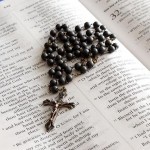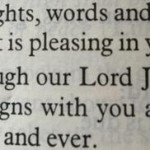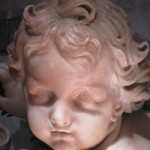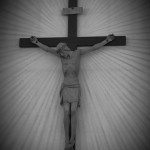I confess, this morning I turned to Captains Quarters – as I do every morning, because Ed is the best – and I read this story about yet another Clinton pal breaking the law with impunity (ala Sandy Berger, whose “sentence” for stealing classified documents was laughable) and I found myself despairing a bit:
Suzanne Magaziner, the wife of Clinton friend and organizer Ira Magaziner and herself a major activist with ties to the new Governor in Massachusetts, got her drunk-driving charges mysteriously dismissed despite failing a Breathalyzer and field sobriety tests (via Newsbeat1)…
After giving some details of Suzanne Magaziner’s pretty deplorable-sounding condition (thanks to this interview with the arresting officer) and reminding everyone of just who Ira Magaziner is (was it Magaziner whom Camille Paglia referred to as Ichabod Crane, or was it Harold Ickes – always thought that was a spot-on observation on her part), Ed notes this bit of irony:
They didn’t release her for her model cooperation, either. McKenna [the arresting officer – admin] says that she repeatedly asked to be let go, and then refused to enter the cell when she was brought to the station for booking. Magaziner then, ironically, lectured McKenna about abuse of power.
This depressed me. Align yourself with the Clintons, it seems, and no matter what bad weather you create, you just slide on the ice, and the whole world shrugs because “it’s the Clintons and their friends – this is the way it is” and goes back to watching “Deal or No Deal.”
But then, Catherine at Brits at their Best (a blog I’m seeing for the first time) linked to a a terrific passage from Chesterton that touches on a much we’re dealing with, today, (right down to the execution of a tyrant) and it helped put things in persepective for me.
In writing about the Fall and original sin, Chesterton said:
A man who holds this view of life will find it giving light on a thousand things; on which mere evolutionary ethics have not a word to say. For instance, on the colossal contrast between the completeness of man’s machines and the continued corruption of his motives; on the fact that no social progress really seems to leave self behind; on the fact that the first and not the last men of any school or revolution are generally the best and purest; as William Penn was better than a Quaker millionaire or Washington better than an American oil magnate; on that proverb that says: “The price of liberty is eternal vigilance,” which is only what the theologians say of every other virtue, and is itself only a way of stating the truth of original sin; on those extremes of good and evil by which man exceeds all the animals by the measure of heaven and hell; on that sublime sense of loss that is in the very sound of all great poetry, and nowhere more than in the poetry of pagans and skeptics: “We look before and after, and pine for what is not”; which cries against all prigs and progressives out of the very depths and abysses of the broken heart of man, that happiness is not only a hope, but also in some strange manner a memory; and that we are all kings in exile.
Catherine expounds: Because the Fall posits a fallen mankind, it recognizes the need for courts of justice. Because the Fall believes we can rise, it does not believe the tyrant is doomed, only, realistically, that on this earth each of us may run out of time to say, ‘I am so sorry. Let me begin again.’
We are all fallen, true. Humanity broke in the fall and that broken-ness is still with us, and we demonstrate it in ourselves – and to each other – every day, when we fall and break some more. Some pick themselves up, look for grace and work diligently at remaining upright. Some do not – they just don’t think of it. Some, due to victimhood and a “beaten down” mentality believe they cannot rise above the Fall. Some simply will not. And some think they are themselves little deities. Brokenness, in each case.
All fall. All die. All, finally, face themselves in the truth of the Creator and all Creation, and thereby reap their own justice.
Catherine concludes: For Chesterton the story of the Fall affirms a God of truth who loves us, and holds out the hope that every soul can be made whole.
We should pray for that. That every soul can be made whole – that every soul seeks wholeness. The world might be a very different place, then.










